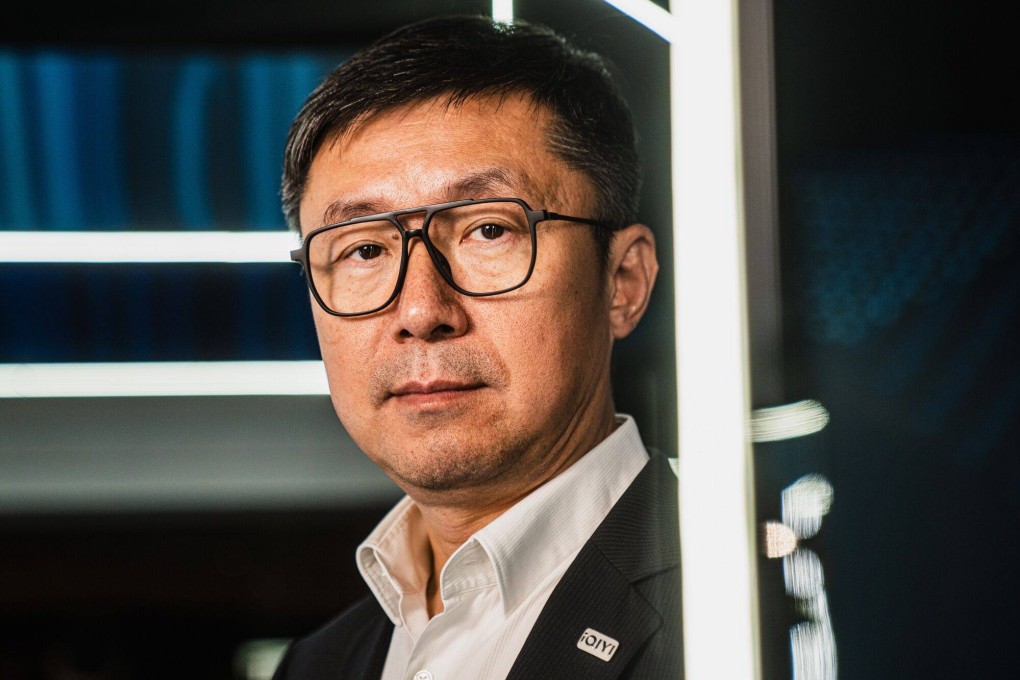AI will disrupt live-streaming but is not about to replace writers and directors, iQiyi executive says
- Executive said human beings are still at the centre of what iQiyi does and AI only helps with some processes
- China has seen an AI frenzy in the past year, with a number of domestic large language models being rolled out for commercial use

Artificial intelligence-generated content (AIGC) is set to change video-streaming and the entertainment industry but technology will not replace influencers, according to Gong Yu, chief executive of video-streaming giant iQiyi.
“In improving the video experience, AIGC is changing all aspects of film and television entertainment. In the next three to five years, production methods, cost structures, personnel structures, etc will definitely undergo major changes,” he said on Thursday at an event in Lijiang City in southwestern Yunan province.
Gong said his company frequently receives a large volume of fiction and screenplays, which generates a heavy workload.
“A 30-episode screenplay can be turned into a 3,000 to a 10,000 word outline with the help of AI. That can improve the efficiency of our work and quickly evaluate what is needed to move to the next stage,” he said.
Gong added that AI would not replace human workers. “Human beings are still at the centre of what we do and AI only helps human beings with some processes.”
China has seen an AI frenzy in the past year, with a number of domestic large language models, such as Alibaba Group Holding’s Tongyi Qianwen and Baidu’s Ernie Bot, being rolled out for commercial use.